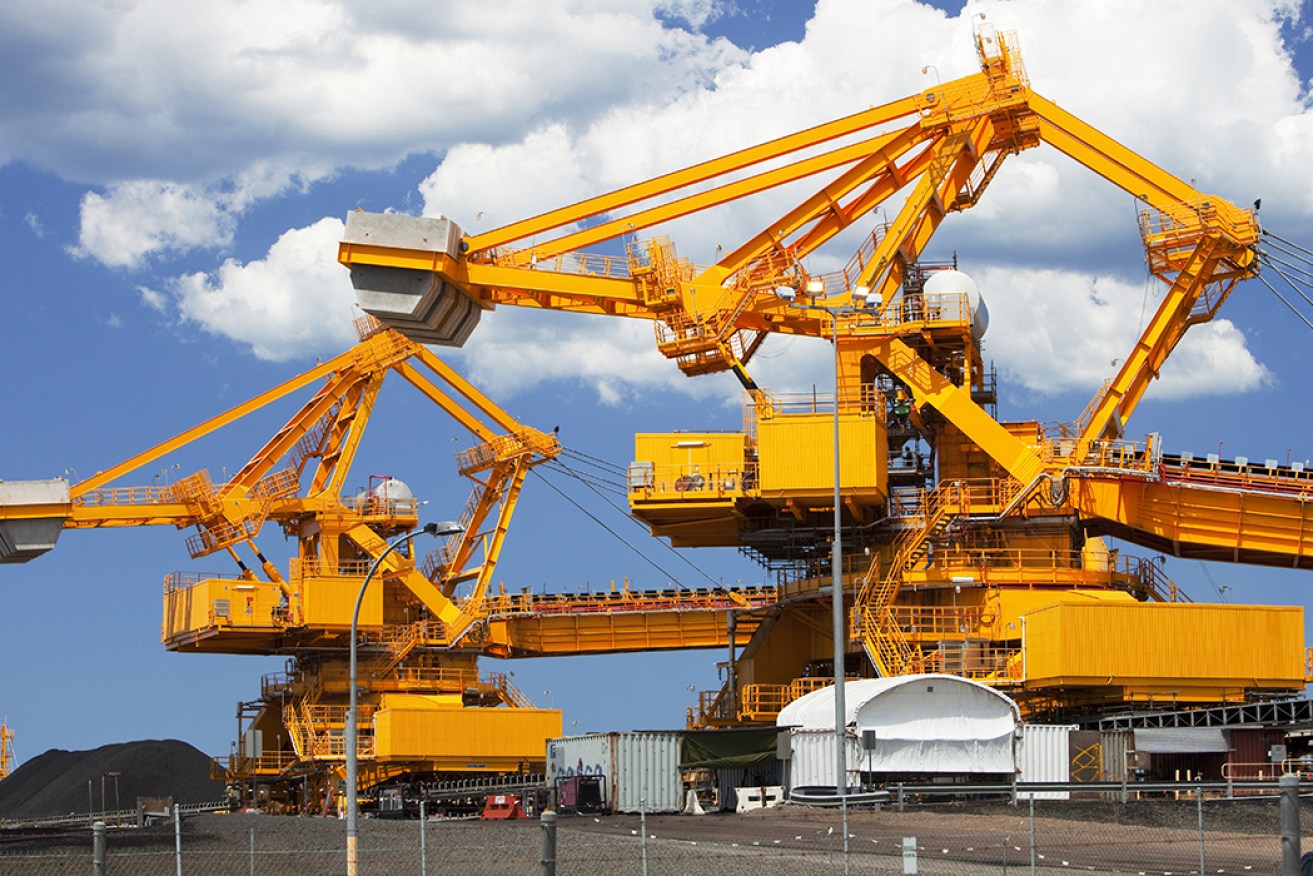China’s changing coal imports a ‘subtle punishment’ for Australia


China's reluctance to take Australian coal is a slap on the wrist for not being accommodating. Photo: AAP
China has fired another warning shot across Australia’s bow, in a worrying escalation of an apparent coal war.
In late February, the little-known Chinese Port of Dalian abruptly delayed Australian coal imports’ customs clearance, hammering the dollar and prompting Trade Minister Simon Birmingham to launch an urgent investigation into the matter.
Almost two months on, the ongoing trade tensions seem to have taken a new direction with News Corp reporting China’s state-owned power stations have received a government directive not to use Australian coal.
Instead, China appears to be repositioning itself to accept more coal from Indonesia.
RMIT School of Global Studies senior lecturer Dr Binoy Kampmark said that move has been in the works since January, when new climate-conscious policies affecting almost exclusively Australian coal imports were introduced.
The current shift towards Indonesian coal, much like the environmental restrictions introduced in January and the delays implemented in February, are intended as a warning to Australia to show more “administrative accommodation” rather than a concerted effort to undermine the economy, Dr Kampmark said.
“It’s an important part of Chinese foreign policy to let others know where they stand,” he said.
“This is a subtle punishment, it’s a slap – not a vicious slap, but a slap nonetheless.”
In recent years, China has shown a preference to trade with nations that are more open to its investment plans and policies, and Australia’s efforts to root out Chinese influence presents a problem to the communist nation.
“When it comes to matters of security and how amenable Australia is to allies and so forth, then of course the United States is first – the Chinese foreign ministry knows this and one of the ways of coping with the situation is to let Australian coal exporters know they can do this if they want to,” he said.
“Because coal has such a following in this country, and because the lobby is so powerful, this is why symbolically this is so important. It’s not necessarily going to have a huge impact in an actual sense, but it will have a symbolic impact.”
A more benign motive
Not everyone is convinced however. Speaking to The New Daily, James Laurenceson, of the University of Technology Sydney’s Australia-China Relations Institute, said the delays in accepting Australian coal are more likely linked to the country’s efforts to preserve its own struggling coal industry.
“China has the world’s largest stockpiles of coal, and it’s very important to remember the coal industry in China has been under enormous pressure in recent years. Millions have lost their jobs in the domestic coal industry,” he said.
That presents a big challenge for the Chinese government, which aims to generate an average 10 million jobs a year to maintain “social stability”, and the significant job losses in the coal industry add further pressure to that target.
Mr Laurenceson agreed that the current Chinese policy settings were unlikely to exert any influence own Australian policies or choke the nation’s economy, but said this was further evidence that the ultimate goal of the delays were focused on protecting the Chinese coal industry.
“I struggle to see why delaying Australian coal at Chinese ports would make any sense as a political response to tensions,” he said.
“It’s not going to change Australia’s Huawei decision, it’s not going to influence the upcoming federal election or the new government’s attitude towards China, and frankly it’s not even going to be a major impact on the overall Australia/China economic relationship.”








